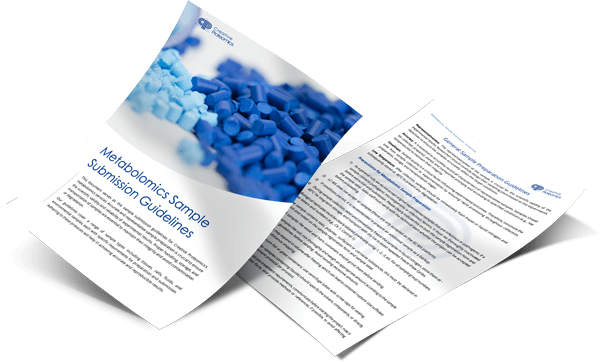The two major classes of polyunsaturated fatty acids (PUFAs) are the omega-3 and omega-6 fatty acids. The difference between omega-6 and omega-3 fatty acids is based on the location of the first double bond, counting from the methyl end of the fatty acid. Omega-6 fatty acids (ω-6 fatty acids) have a final carbon-carbon double bond in the n-6 position.
 Figure 1. Omega-6 fatty acid: linoleic acid
Figure 1. Omega-6 fatty acid: linoleic acid
There is competition between omega-6 and omega-3 fatty acids for the desaturation enzymes. Both fatty acid desaturase 1 (FADS1) and fatty acid desaturase 2 (FADS2) prefer alpha-linolenic acid (ALA) to linoleic acid(LA). However, a high LA intake, such as that characterizing Western diets, interferes with the desaturation and elongation of ALA. Similarly, trans fatty acids interfere with the desaturation and elongation of both LA and ALA.
 Figure 2. Desaturation and elongation of omega-3 and omega-6 fatty acids
Figure 2. Desaturation and elongation of omega-3 and omega-6 fatty acids
Omega-6 and omega-3 fatty acids are not interconvertible, are metabolically and functionally distinct, and often have important opposing physiological effects, therefore their balance in the diet is important. An increased omega-6/omega-3 ratio is considered to be proinflammatory in terms of gene expression, prostaglandin and leukotriene metabolism, and Interleukin-1 production, which contributes to the prevalence of atherosclerosis, obesity, and diabetes. Moreover, High omega-6 fatty acids leads to insulin resistance, whereas omega-3 fatty acids result in homeostasis and weight loss.
Creative Proteomics is equipped with GC mass spectrometers that allows sensitive, reliable and accurate identification and quantitation of omega-6 fatty acids. The quantification of omega-6 fatty acids and omega-6/omega-3 ratio has been widely used as biomarker for clinical conditions, such as breast cancer, coronary cancer, cardiac arrest, metabolic diseases and many others.
Feature and Advantage of omega-6 fatty acids analysis
- Cutting-edge facilities
- Reliable & Reproducible
- Comprehensive analysis of omega-6 fatty acids
Platform
- GC/MS
Sample Requirement
- Normal Volume: 200ul plasma; 100mg tissue; 2e7 cells
- Minimal Volume: 50uL plasma; 50mg tissue; 5e6 cells
| Omega-6 Fatty Acids Quantified in This Service | |
|---|---|
| Linoleic acid (LA) | 18:2 (n−6) |
| Arachidonic acid (AA, ARA) | 20:4 (n−6) |
| Dihomo-gamma-linolenic acid (DGLA) | 20:3 (n−6) |
| Gamma-linolenic acid (GLA) | 18:3 (n−6) |
For other species in Omega-6 family, please contact us for availability.
How to place an order:

*If your organization requires signing of a confidentiality agreement, please contact us by email.





